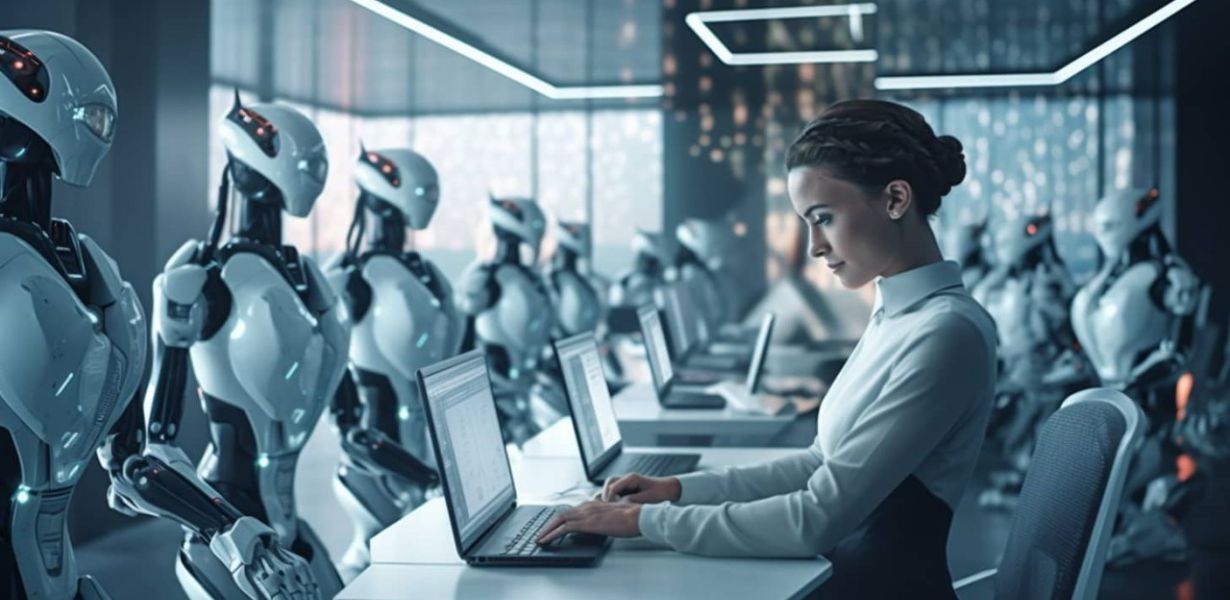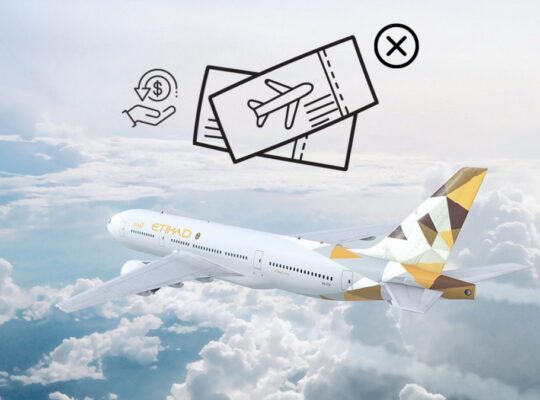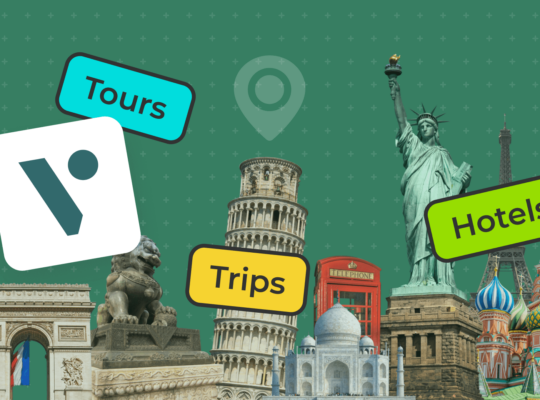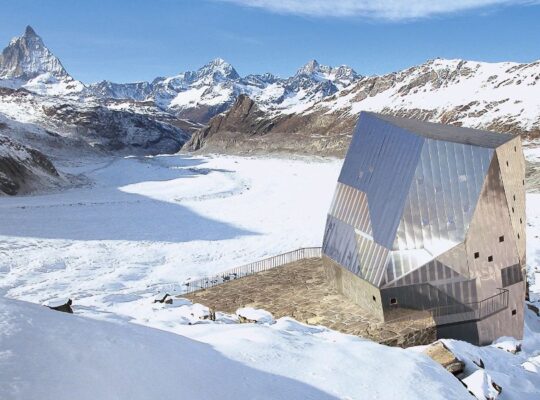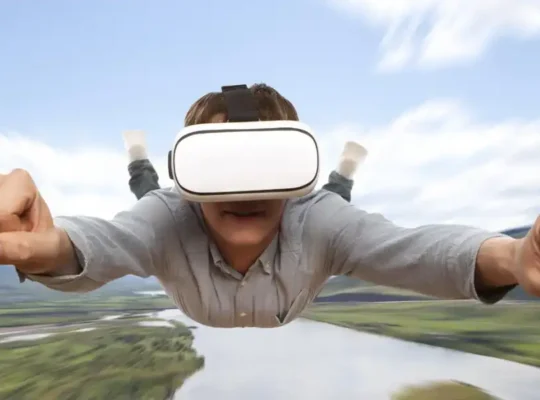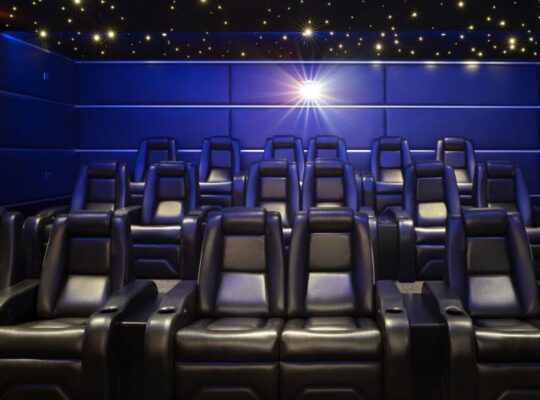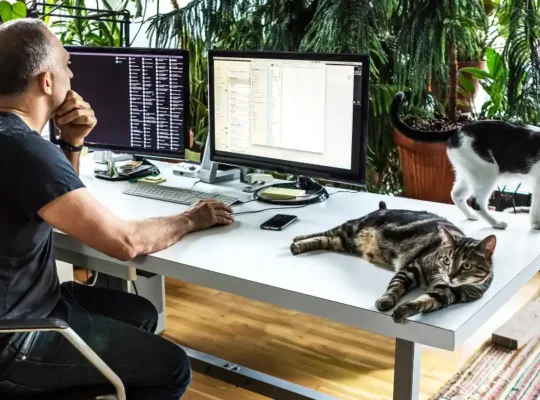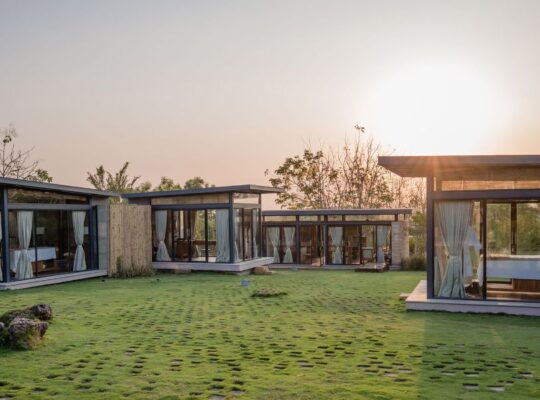In the ever-evolving landscape of cultural events, a silent revolution is underway – the infusion of artificial intelligence into entertainment. Robotic performers are transcending traditional boundaries, ushering in a new era of immersive and awe-inspiring experiences. As we delve into this technological marvel, we uncover the symbiosis of creativity and AI, shaping the future of cultural events.
Unveiling the Robotic Maestros
The stage is no longer confined to human performers alone; enter the era of robotic maestros. These mechanical virtuosos are not mere gimmicks but represent a harmonious blend of precision engineering and artistic finesse. From robotic musicians to dancers, their flawless performances leave audiences spellbound.
The Nexus of AI and Artistry
At the heart of this revolution lies the seamless integration of AI and artistic expression. These robotic performers are not programmed to mimic but to innovate. AI algorithms analyze audience reactions in real-time, adapting performances dynamically. The result? A captivating synergy between technology and the arts.
Cultural Events Redefined
Cultural events are no longer confined to conventional formats. Robotic performers redefine the boundaries of creativity, offering organizers the flexibility to craft unique, unforgettable experiences. From futuristic dance shows to AI-driven theatrical productions, the possibilities are as boundless as the digital realm itself.
Crafting Emotion through Algorithms
Contrary to the skepticism surrounding the emotional depth of AI, robotic performers excel in crafting emotive experiences. Algorithms, finely tuned to understand human sentiments, enable these mechanical artists to convey a spectrum of emotions, resonating with audiences on a profound level.
Technical Marvels Behind the Curtain
Peeling back the layers, the technical prowess of these robotic performers is awe-inspiring. Advanced sensors, machine learning algorithms, and state-of-the-art actuators converge to create a symphony of motion and sound. It's not just a performance; it's a showcase of cutting-edge technology in action.
Navigating Challenges and Ethical Frontiers
As with any technological leap, challenges and ethical considerations emerge. From concerns about job displacement to questions about the ethics of creating AI performers, the industry is navigating uncharted waters. Striking a balance between technological progress and societal well-being is crucial.
Collaborative Creativity: Humans and Machines
The future lies in collaborative creativity, where humans and machines amplify each other's strengths. Robotic performers become extensions of human creativity, pushing the boundaries of what is artistically possible. This symbiotic relationship fosters innovation and enriches the cultural tapestry.
Cultural Inclusivity through AI
One notable aspect of AI-driven cultural events is the potential for inclusivity. Language barriers, cultural differences, and geographical distances can be bridged through the universal language of technology. Robotic performers become cultural ambassadors, transcending borders and fostering global unity.
Audience Immersion: A Technological Odyssey
Attendees are no longer passive observers; they are active participants in a technological odyssey. Robotic performers, coupled with augmented reality experiences, create immersive spectacles where the lines between the virtual and the real blur. The audience is no longer a spectator but an integral part of the narrative.
Future Outlook: AI's Ongoing Impact
As we stand at the cusp of this technological renaissance, the impact of AI on cultural events is only beginning to unfold. The future promises even more astonishing innovations, pushing the boundaries of creativity and redefining the very essence of entertainment.
Final Words
In the realm where silicon meets stagecraft, robotic performers stand as testament to human ingenuity. As we navigate this uncharted fusion of technology and culture, one thing becomes evident – the evolution of entertainment is inexorably tied to the evolution of artificial intelligence.
Commonly Asked Questions
Q1: Can AI performers replace human artists entirely?
A1: No, AI performers are designed to complement human creativity, not replace it. The goal is a harmonious collaboration that pushes the boundaries of artistic expression.
Q2: How do robotic performers adapt to different cultural contexts?
A2: AI algorithms enable robotic performers to analyze and adapt to diverse cultural nuances, ensuring a seamless and inclusive experience for audiences worldwide.
Q3: What ethical considerations surround the use of AI in cultural events?
A3: Ethical considerations include job displacement concerns and the responsible use of AI. Striking a balance between innovation and societal impact is a priority.
Q4: Are AI-driven cultural events accessible to everyone?
A4: Yes, the universal language of technology makes AI-driven cultural events accessible globally, fostering cultural inclusivity and breaking down barriers.
Q5: What's the future of AI in cultural events?
A5: The future holds limitless possibilities, with AI continually pushing the boundaries of creativity and transforming cultural events into unparalleled experiences.


